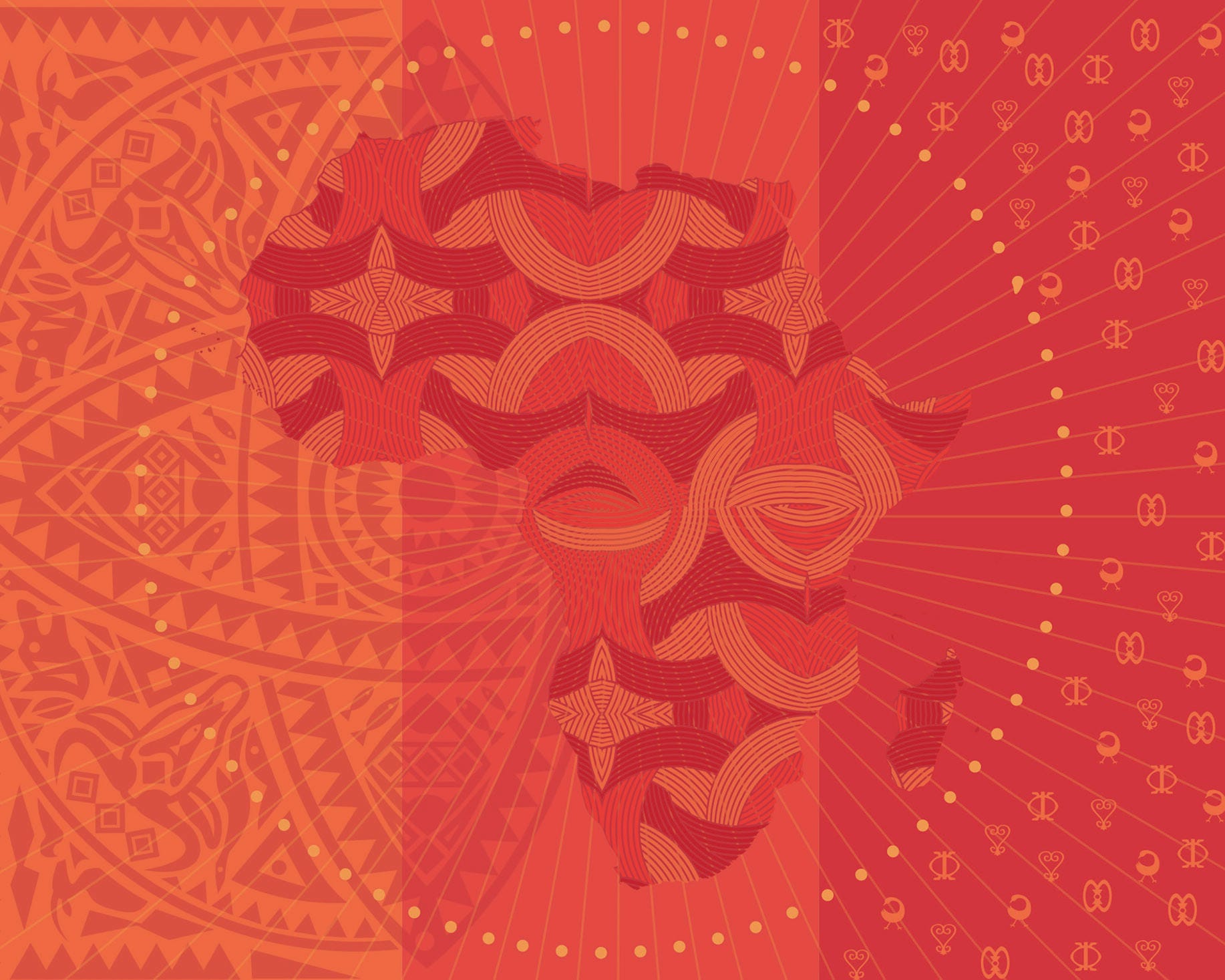- Deeply rooted social institutions – societal norms, codes of conduct, laws and tradition – cause gender discrimination.
- Religion per se does not systematically define such discrimination. All dominant religions show flexibility in interpreting the role of women in society.
- The Millennium Development Goals demand change in gender-discriminating social institutions, which should be added to the seven strategic priorities identified by the UN Task Force on Education and Gender Equality.
- Donors must redesign their strategies to focus not only on improving women’s capacities and capabilities, but also and concurrently on lowering men’s resistance against reforms that improve gender equality.
Changing Social Institutions to Improve the Status of Women in Developing Countries
Policy paper
OECD Development Centre Policy Briefs

Share
Facebook
Twitter
LinkedIn
Abstract
In the same series
-
 11 March 2008
11 March 2008
Related publications
-
 16 October 2024
16 October 2024








